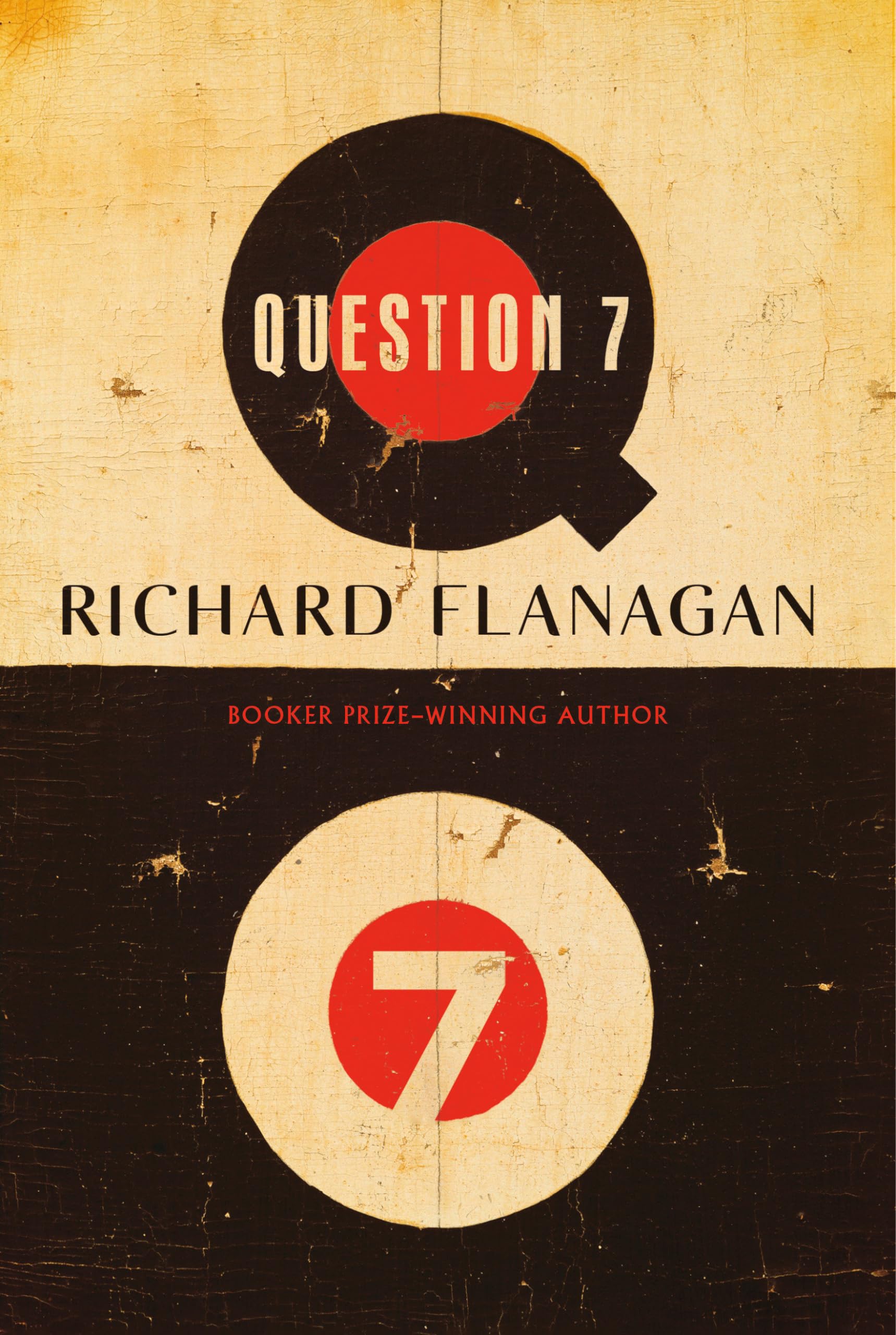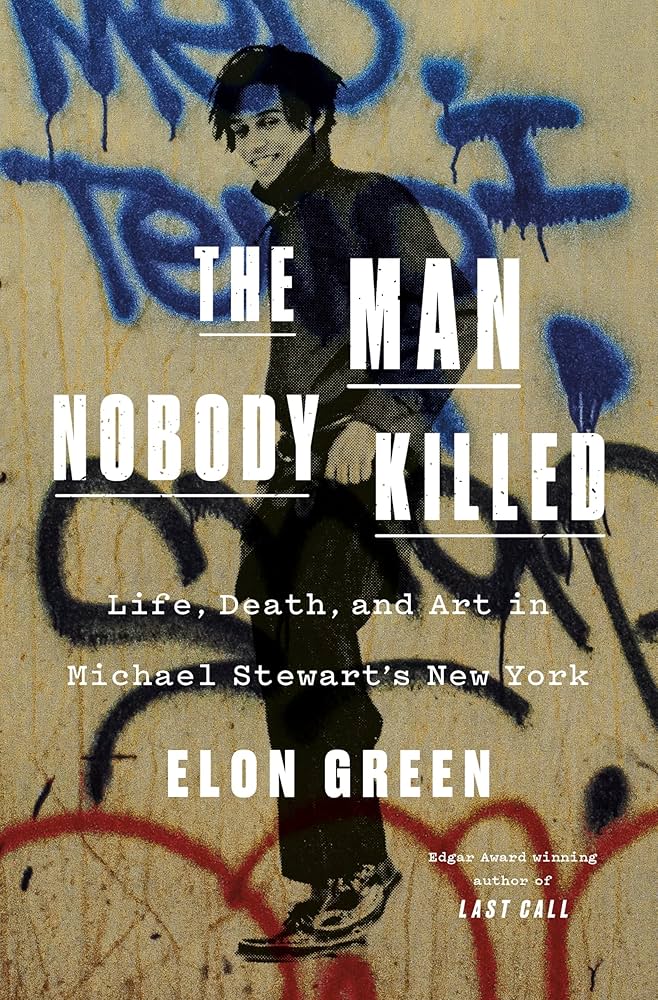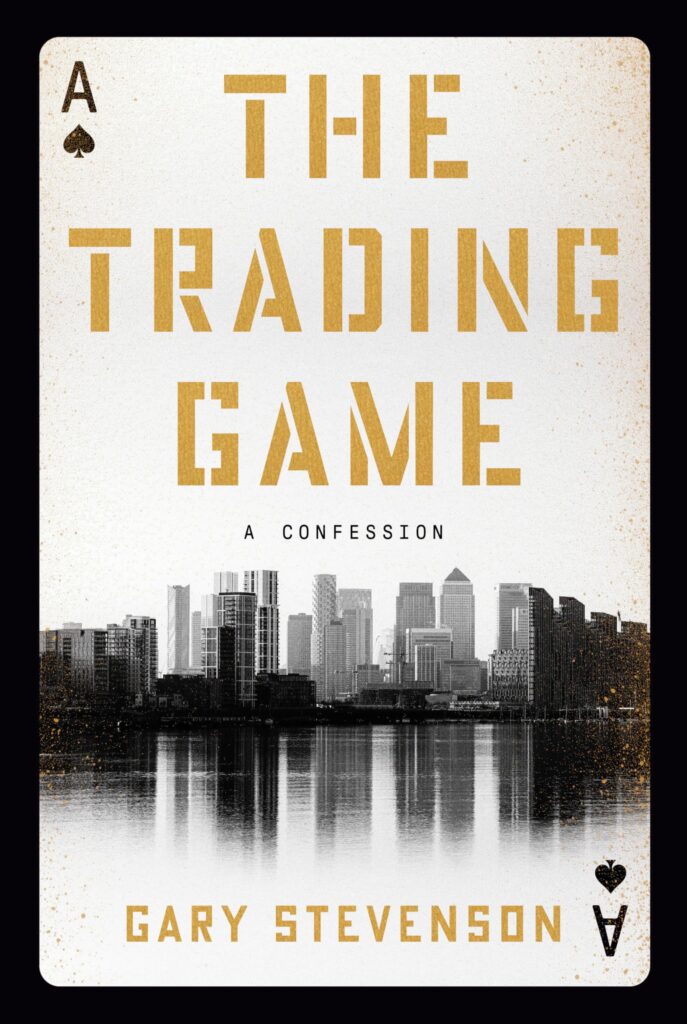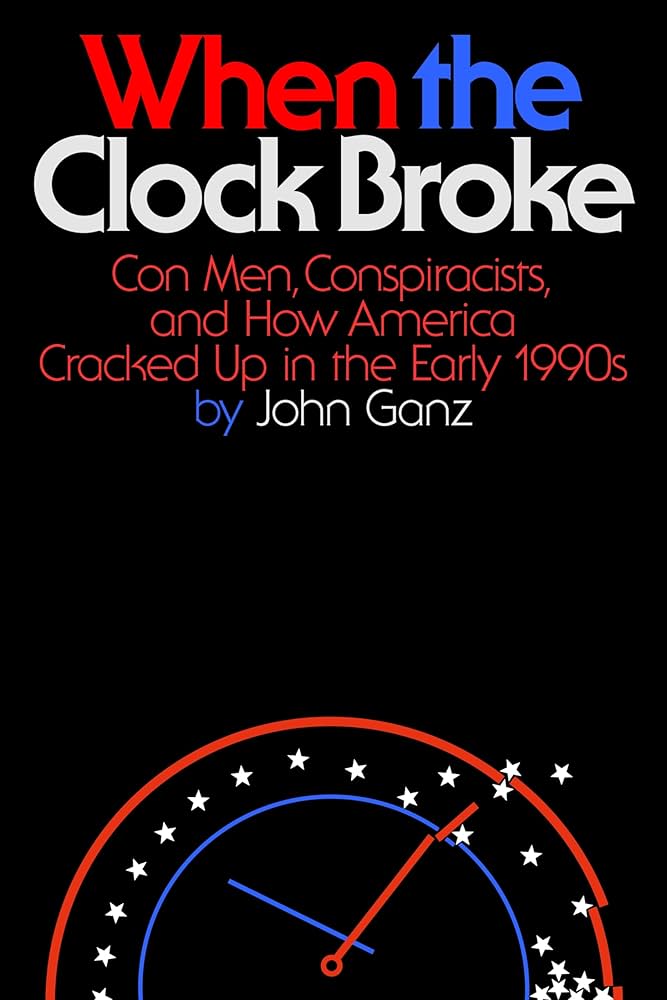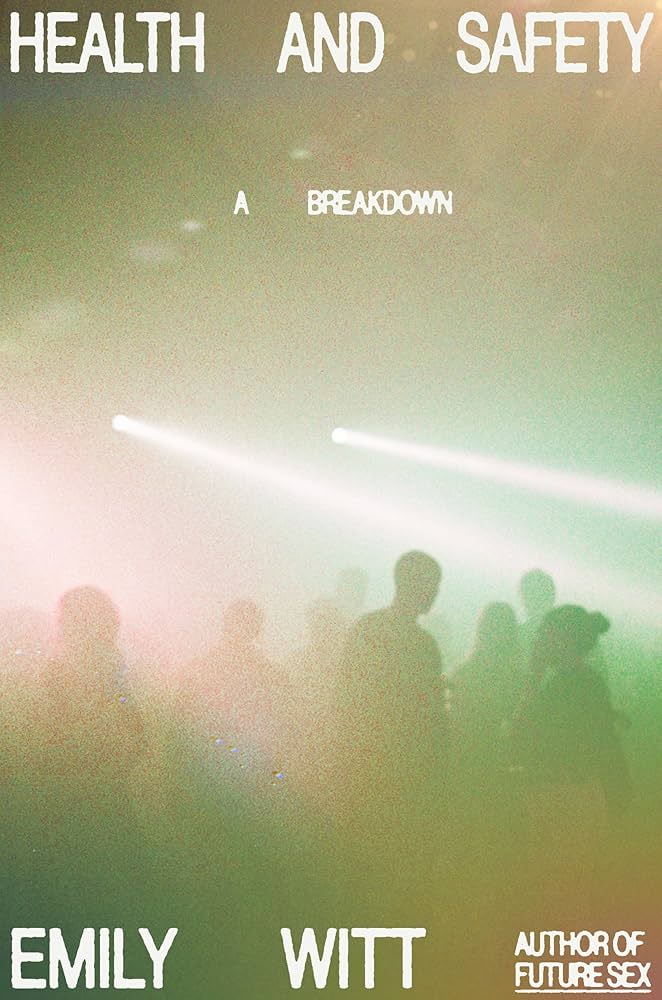Question 7 is Richard Flanagan‘s memoir and family history, and a very Benjamin Labatut-style historical drama. Flanagan’s dad was a prisoner in Japan during WWII and was almost certain to be executed if it hadn’t been for the bombings of Hiroshima and Nagasaki.
Flanagan figures that the nuclear bombs are the reason he’s alive today, and uses this as a springboard for his personal history. He weaves together the colonization of Tasmania, his own upbringing and near-death at age 21 (a heartstopping section near the end of the book), and the origin of the nuclear bomb from H.G. Wells’ marital affair that inspired his book The World Set Free, through Leo Szilard and the Manhattan Project, to the pilot who released the bomb at Hiroshima.
All of these stories are told exceedingly well. There’s a detached puzzlement to Flanagan’s writing that’s appealing and engaging, and for a while it was reminiscent of Vonnegut.
Then Flanagan ended a few sad passages of wry coincidence with a simple, “That’s life.”, which felt like an outright lift from Vonnegut’s signature “So it goes.”
Then Vonnegut himself turns up in an anecdote about how the Manhattan Project scientists’ visit to the General Electric plant led to his early commercial success with Cat’s Cradle.
Flanagan tries to unite all of this under an idea from a Chekhov story, something that points to the absurdity of looking for truth in history or logical causes for events. To me this was the weakest aspect of the book. Flanagan’s writing gets floral and high-minded when he shifts into philosopher mode, and more than once I read sections a few times, trying to make sense of ephemeral or even wishy-washy ideas. “There is no memory without shame”, and “No one is exempt from guilt” feel profound but are kind of empty, even in the context he provides.
I know Flanagan is a revered writer (though I haven’t read him before), but I couldn’t get past that a book so rooted in WWII, that aims to get at the sort of arbitrariness of the universe and life, can so blatantly mimic Vonnegut, one of the best to ever do it.
I enjoyed reading this a lot, and I widely recommend it. As a storyteller, Flanagan is among the best, and there were long stretches of brilliance. Flanagan successfully channels Labatut and Vonnegut to write a memoir that’s unforgettable. Unfortunately some of what makes it memorable also makes it feel derivative, and his attempts at a unifying philosophy just didn’t work for me.
Further Reading
New York Times Review (gift link)
Book Marks page

